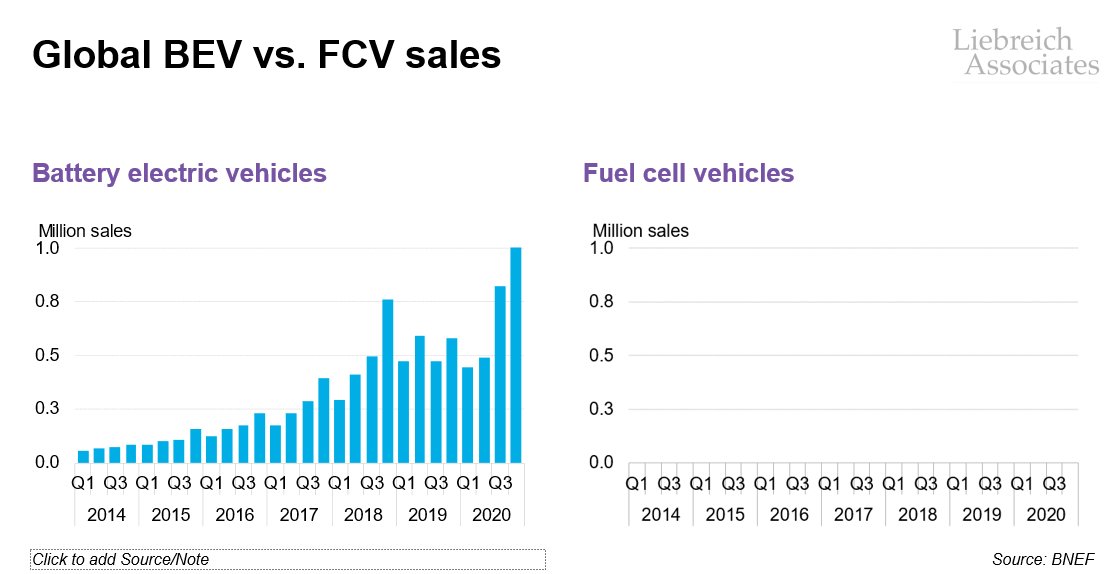So, my lovelies, I just dropped Version 4 of the Clean Hydrogen Ladder! For anyone new to all this, the ladder is my attempt to put use cases for clean hydrogen into some sort of merit order, because not all use cases are equally likely to succeed. 1/10 

By way of background, the ladder is intended to debunk the naive view of clean hydrogen as the Swiss Army Knife of the future net zero economy. Just because you could *technically* do something with clean hydrogen, it doesn't mean you will. Thanks for the image idea, Paul! 2/10 

This time round, I have written up the Clean Hydrogen Ladder on LinkedIn, so you can see some of my thinking. In the piece I go through the various types of sector where hydrogen might, or might not, play a role. 3/10
linkedin.com/pulse/clean-hy…
linkedin.com/pulse/clean-hy…

And here are the potential use cases for clean hydrogen in the power system - long-term storage is convincing, other uses less so.
4/10
linkedin.com/pulse/clean-hy…
4/10
linkedin.com/pulse/clean-hy…

Next up, aviation and shipping. Not bad, H2-heads, lots of opportunities! Note that shipping is about ammonia, and medium and long-haul aviation is about e-fuels, not hydrogen per se.
5/10
linkedin.com/pulse/clean-hy…
5/10
linkedin.com/pulse/clean-hy…

OK, this is the controversial one: if you love fuel cell cars, look away! But I have now upgraded off-road vehicles to a B, and there are some decent niches like remote trains and vintage vehicles. Long distance trucks? Maybe. Other sectors? Nah.
6/10
linkedin.com/pulse/clean-hy…
6/10
linkedin.com/pulse/clean-hy…

On fuel cell cars, I just can't resist tweeting these two charts. #H2FC cars are just worse vehicles than BEVs. And the market knows it. It's over.
7/10
linkedin.com/pulse/clean-hy…

7/10
linkedin.com/pulse/clean-hy…


There is a huge lobbying push in the UK right now to claim space heating for hydrogen. There might be some niche cases, but in general I'm not feeling it. It's just such an inefficient use of green hydrogen. If blue hydrogen can be zero carbon, maybe.
8/10
linkedin.com/pulse/clean-hy…
8/10
linkedin.com/pulse/clean-hy…

Here's a nice summary of what stands in the way of the hydrogen economy (thanks again Paul!). At the top of the ladder, hydrogen has no competition. Below that, a bunch of sectors it will slug it out with biofuels. Then batteries and electricity.
9/10
linkedin.com/pulse/clean-hy…
9/10
linkedin.com/pulse/clean-hy…

So. Thanks to everyone who helped refine the Clean Hydrogen Ladder. Keep your comments, critiques and suggestions coming: I will try to reflect them in Version 5.0, which will no doubt be needed. Here's a high-res version for you to download and use! 10/10
drive.google.com/file/d/1lK0dOH…
drive.google.com/file/d/1lK0dOH…
• • •
Missing some Tweet in this thread? You can try to
force a refresh







